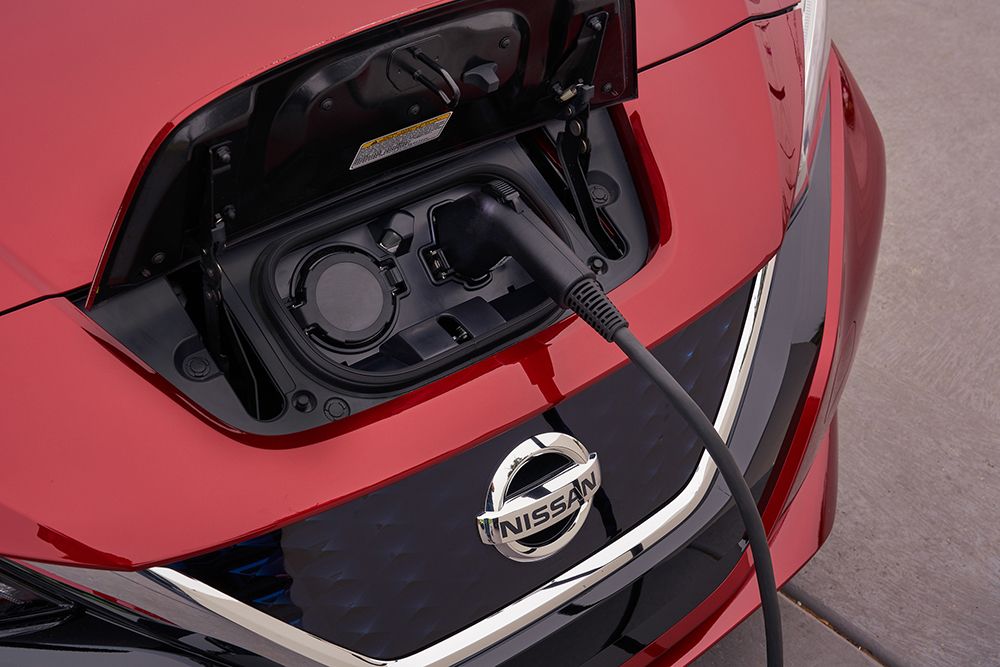Problem is that the battery is usually nearly the of the cost of these vehicles.If you could go from one H-D shop to the next and easy exchange a depleted battery array for a charged one 24-7 that would help a lot.
We just need battery stations and standardized battery packs that are as easy to exchange as D cells in an old flashlight.
So if I have an EV with a battery that is no longer holding a charge and am about to be left with a big piece of hazardous waste, exchanging the battery for a fresh one would really screw up the company that owns the battery that you are trading for.
On the flip side I'd be ****** if I traded my brand new EV battery for a battery that only gets 25% range.
You think it's easy stealing an entire motorcycle? Imagine if the $8000 (zero's 2nd smallest battery) battery was easily removable.
















